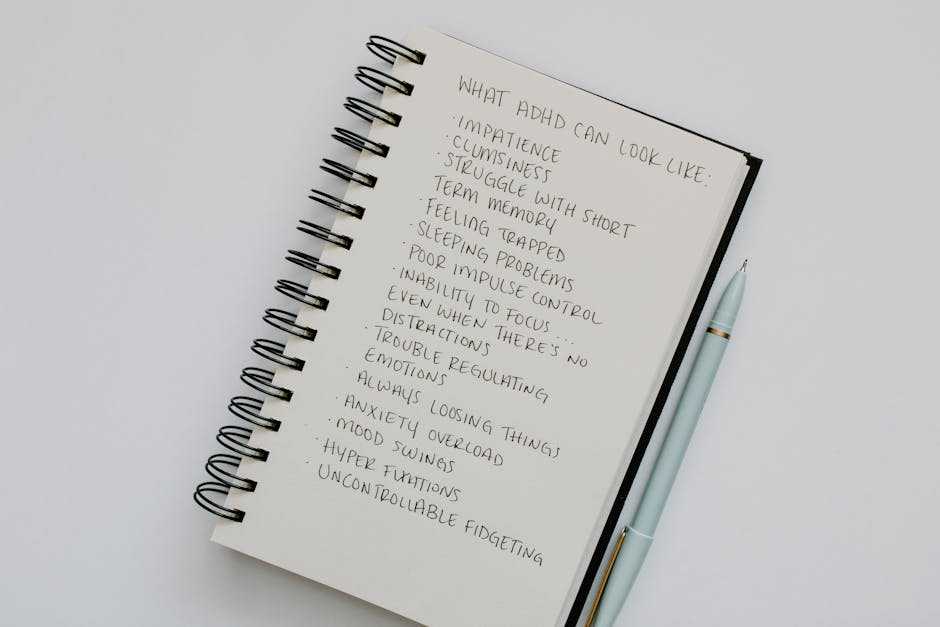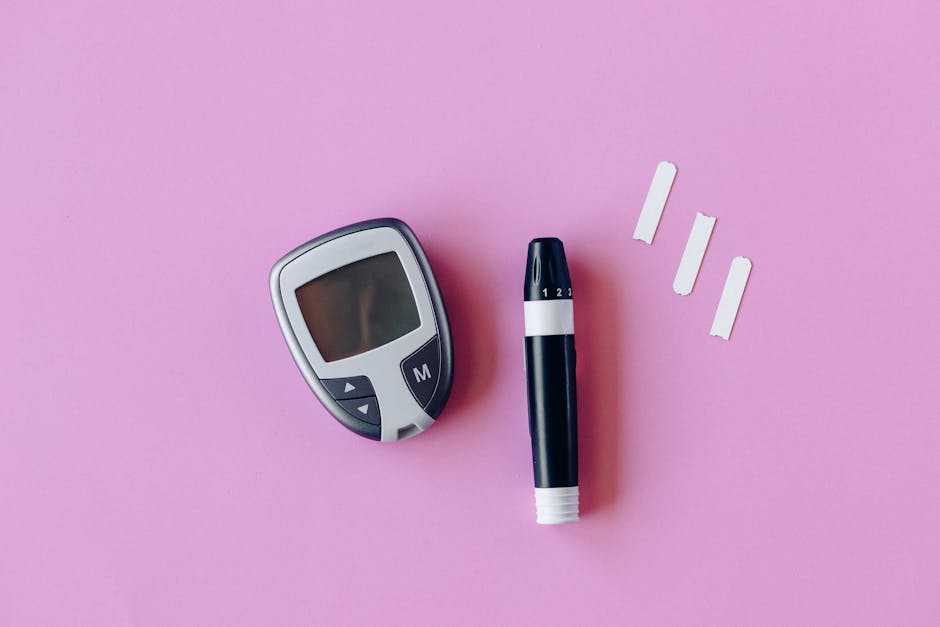In the realm of mental health apps, the integration of gamification has sparked a revolution in how we approach well-being. As an avid follower of digital trends, I’ve delved into the profound impact that gamified elements have on enhancing user engagement and overall effectiveness in these apps.
Navigating the intersection of technology and mental wellness, I’ve witnessed firsthand how gamification techniques like rewards, challenges, and progress tracking can motivate users to stay consistent with their mental health routines. Through my exploration, I’ve uncovered valuable insights into how game-like features can not only make self-care more enjoyable but also foster a sense of accomplishment and empowerment in users.
Join me as I unravel the fascinating dynamics between gamification and mental health apps, shedding light on the transformative potential these innovative approaches hold for improving emotional well-being in the digital age.
Exploring the Connection Between Gamification and Mental Health Apps
Gamification in mental health apps has revolutionized the way individuals engage with their well-being. Integrating game-like elements such as rewards, challenges, and progress tracking transforms self-care into an interactive and motivating experience. These features not only increase user engagement but also empower individuals to take charge of their mental health journey.
By incorporating gamified components, mental health apps inspire users to stay consistent with their self-care routines. The interactive nature of challenges and rewards makes the process enjoyable and encourages users to proactively manage their emotional well-being. This approach fosters a sense of achievement and motivation, driving individuals to prioritize their mental health.
Moreover, gamification in mental health apps creates a supportive environment that acknowledges and celebrates users’ progress. Tracking improvements and milestones through game mechanics reinforces positive behavior and instills a sense of accomplishment. This continuous feedback loop promotes a feeling of empowerment, boosting users’ confidence in their ability to maintain their mental wellness.
The integration of gamification in mental health apps is a pivotal catalyst for enhancing user engagement, motivation, and overall well-being. By gamifying self-care practices, individuals are not only motivated to adhere to their routines but also experience a sense of fulfillment and empowerment in managing their mental health effectively.
Benefits of Implementing Gamification in Mental Health Apps
Implementing gamification in mental health apps offers various advantages that significantly impact user engagement, motivation, and behavior positively.
Improved User Engagement
Gamification enhances user engagement by introducing interactive elements that make mental health activities more appealing and enjoyable. By incorporating game-like features such as points, badges, and leaderboards, users are motivated to interact consistently with the app, leading to increased participation and prolonged usage.
Motivation and Behavior Change
The gamified aspects in mental health apps serve as powerful motivators for users to adopt and sustain healthy behaviors. Through rewards, challenges, and progress tracking, individuals are encouraged to engage in self-improvement activities regularly. This increased motivation can lead to positive behavior changes, such as adhering to therapy schedules, practicing mindfulness, or developing coping strategies for managing stress effectively.
Challenges and Considerations in Using Gamification for Mental Health Apps
When incorporating gamification into mental health apps, it’s important to address certain challenges and considerations to ensure the effectiveness and appropriateness of this approach. Here are some key factors to keep in mind:
- Ethical Concerns:
Ensuring that gamified elements do not inadvertently trivialize serious mental health issues is crucial.
Balancing the fun aspects of gaming with the sensitivity required when dealing with mental health topics is essential. - Personalization and Adaptability:
Tailoring gamified features to individual user preferences and needs can be complex.
Adapting the level of gamification to suit users with different mental health conditions or varying degrees of severity is a challenge. - Data Privacy and Security:
Safeguarding sensitive user data within gamified mental health apps is paramount.
Maintaining strict confidentiality while utilizing game mechanics that may require tracking and analyzing user behavior poses a dilemma. - Long-Term Engagement:
Sustaining user interest and engagement in gamified mental health apps over extended periods can be challenging. - Preventing users from losing motivation or becoming disinterested in the gamified components is a key consideration.
- Effectiveness and Impact Assessment:
Evaluating the actual impact of gamification on mental health outcomes requires robust measurement tools.
Determining whether the gamified aspects contribute significantly to improving user well-being necessitates thorough assessment methods. - User Experience and Accessibility:
Ensuring that gamified features are intuitive and easy to navigate for users with varying levels of technological literacy is essential.
Making mental health apps inclusive and accessible to individuals with disabilities while incorporating gamification presents unique challenges.
Addressing these challenges and considerations in the integration of gamification into mental health apps is vital to maximize the benefits while mitigating potential risks. As developers and stakeholders navigate these complex aspects, thoughtful approaches that prioritize user well-being and ethical standards are paramount.
Future Trends in Gamification for Enhancing Mental Health Apps
Building on the current landscape of gamification in mental health apps, I explore future trends that will further elevate the user experience and outcomes in this domain. Leveraging advancements in technology and understanding user preferences will be critical for shaping the future of gamified mental health applications.
- Personalization through AI Integration
Tailoring gamification elements based on individual user data can enhance engagement and relevance. By integrating artificial intelligence (AI) algorithms, mental health apps can adapt challenges, rewards, and progress tracking to each user’s unique behavior and preferences. - Virtual Reality (VR) and Augmented Reality (AR) Experiences
Immersive technologies like VR and AR offer new possibilities for creating engaging and impactful mental health experiences. By simulating environments and scenarios, users can practice coping strategies and enhance their emotional regulation skills in a realistic and safe virtual setting. - Collaborative Gamification for Social Support
Encouraging social connections through collaborative gamification features can foster a sense of community and support among users. By incorporating multiplayer challenges, team-based activities, and shared achievements, mental health apps can promote social interaction and mutual encouragement. - Biofeedback Integration for Real-Time Data Monitoring
Integrating biofeedback mechanisms, such as heart rate sensors or mood trackers, can provide users with real-time data on their physiological and emotional states. By incorporating this feedback into gamified activities, individuals can learn to regulate their stress levels and emotional responses effectively. - Predictive Analytics for Personalized Interventions
Leveraging predictive analytics models can enable mental health apps to anticipate user needs and deliver timely interventions. By analyzing user interactions and progress data, these apps can offer personalized recommendations and support strategies to proactively address mental health challenges. - Ethical Design Principles and User Empowerment
Upholding ethical standards in gamified mental health apps is crucial to ensure user trust and wellbeing. By prioritizing transparency, data privacy, and informed consent, developers can empower users to make informed decisions about their mental health journey within a gamified context. - Continuous Monitoring and Outcome Assessment
Implementing mechanisms for continuous monitoring and outcome assessment will be essential to evaluate the effectiveness of gamification in mental health apps. By collecting data on user engagement, behavior changes, and mental health outcomes, developers can fine-tune gamified features to maximize therapeutic impact.
By embracing these future trends in gamification for enhancing mental health apps, developers can create more personalized, engaging, and effective tools to support users in their mental wellness journeys. Staying attuned to emerging technologies and user needs will be key to driving innovation and maximizing the positive impact of gamification in mental health interventions.


